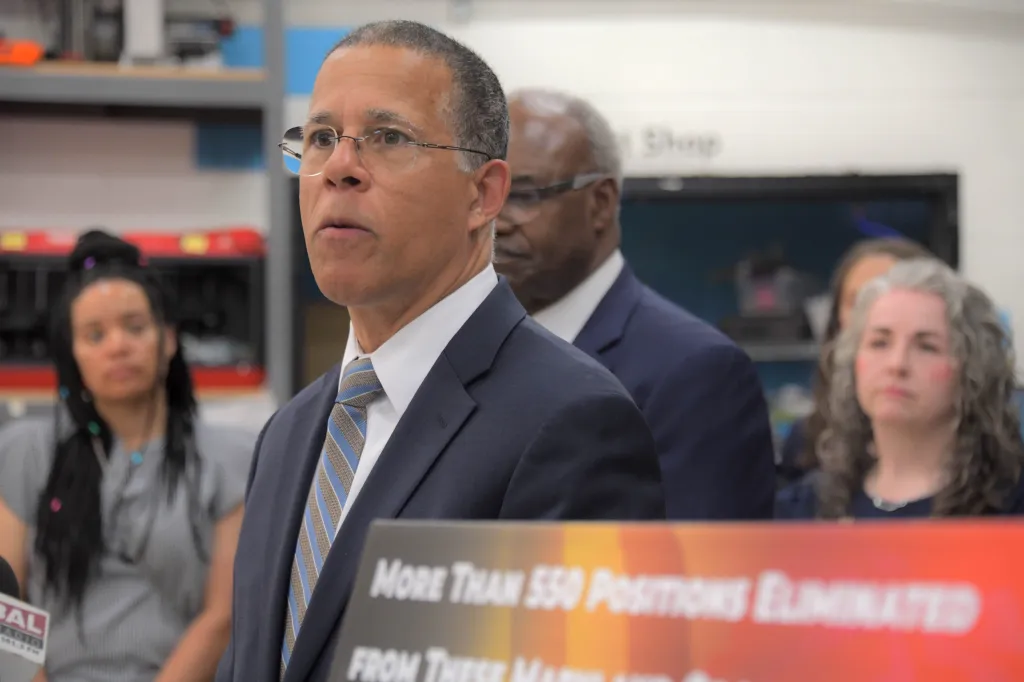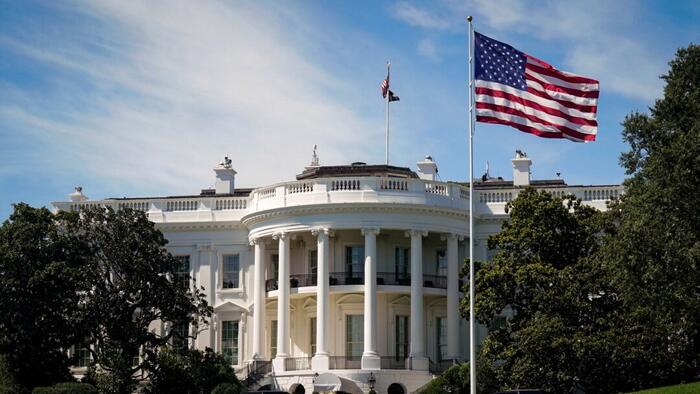Copyright Baltimore Sun

Members of the Board of Regents have consulted with the state attorney general’s office over their belief that they are being improperly shut out of the University of Maryland’s decision on whether to back a $2.4-billion Big Ten Conference capital investment deal, according sources familiar with the matter. A handful of regents want legal clarification from the office of state Attorney General Anthony Brown on whether the board — or the university president — has approval power over the university’s ultimate verdict, said the sources, who spoke on condition of anonymity because their efforts were private. The regents’ move represents at least a temporary power tussle between members of the 21-member board – which oversees the state’s higher education system – and the office of University of Maryland President Darryl Pines. Board members expressed frustration to The Baltimore Sun on Monday that they aren’t being given proper oversight over the proposal, which some federal lawmakers say could compromise schools’ academic missions. A university spokesperson declined comment on whether it was backing the deal and what, if any, role the regents might play. Board chair Linda Gooden and vice chair Geoff Gonella did not return messages about the proposal, and a spokesperson for the state attorney general did not return messages before The Sun’s deadline. Because the board is a client, the attorney general’s office would be unable to comment on its dealings with regents because of attorney-client privilege. Under the 20-year proposal, the 18-member conference would create a business subsidiary called Big Ten Enterprises, and a University of California pension investment fund would provide $2.4 billion in uneven payments to the Big Ten’s schools — an average of $135-140 million per school, according to Yahoo Sports. It’s unknown what the pension fund would expect in return for this investment. Nor is it certain whether Maryland would receive as large a cut as schools with more lucrative athletic programs, such as Ohio State and Michigan. The infusion of cash would come as schools eagerly seek new revenue sources in their transition this year to a new economic model in which universities, as a result of litigation, have begun revenue sharing with their athletes during the 2025-26 season. Conferences want to secure as much cash as possible so their schools can compete with others for top athletic talent. The Big Ten proposal has met with opposition from the University of Michigan Board of Regents, and two U.S. senators have raised concerns. Sen. Maria Cantwell, a Washington Democrat, expressed reservations in a letter to Pines and other Big Ten presidents last week. She said the proposal “may be counter to your university’s academic goals, may require the sale of university assets to a private investor, and may affect the tax-exempt purpose of those assets.” Sen. Chris Van Hollen, a Maryland Democrat, told The Sun he is also wary. “Preserving our universities’ academic integrity and independence is paramount, especially at a time when those values are under attack,” Van Hollen said in a statement last week. “Our schools should think long and hard about entering into any agreements or accepting any funding that jeopardizes that.” Big Ten spokesperson Paul Kennedy declined comment Monday on the status of the deal, which would require approval of the Big Ten members’ presidents or chancellors. He released a statement saying that the conference initiated an evaluation more than a year ago “of our practices to identify partnerships that could secure the financial stability of our member institutions and allow us to not only protect, but expand, opportunities for our student-athletes. This is an ongoing process, and we remain committed to finding a path that strengthens the conference for the future.” Have a news tip? Contact Jeff Barker at jebarker@baltsun.com.



